BGS to lead new research project on barrier systems to support more sustainable coastal management
Scientists at BGS will lead a new four-year project that will enhance our understanding of gravel barrier systems across the coastlines of the UK.
06/12/2023 By BGS Press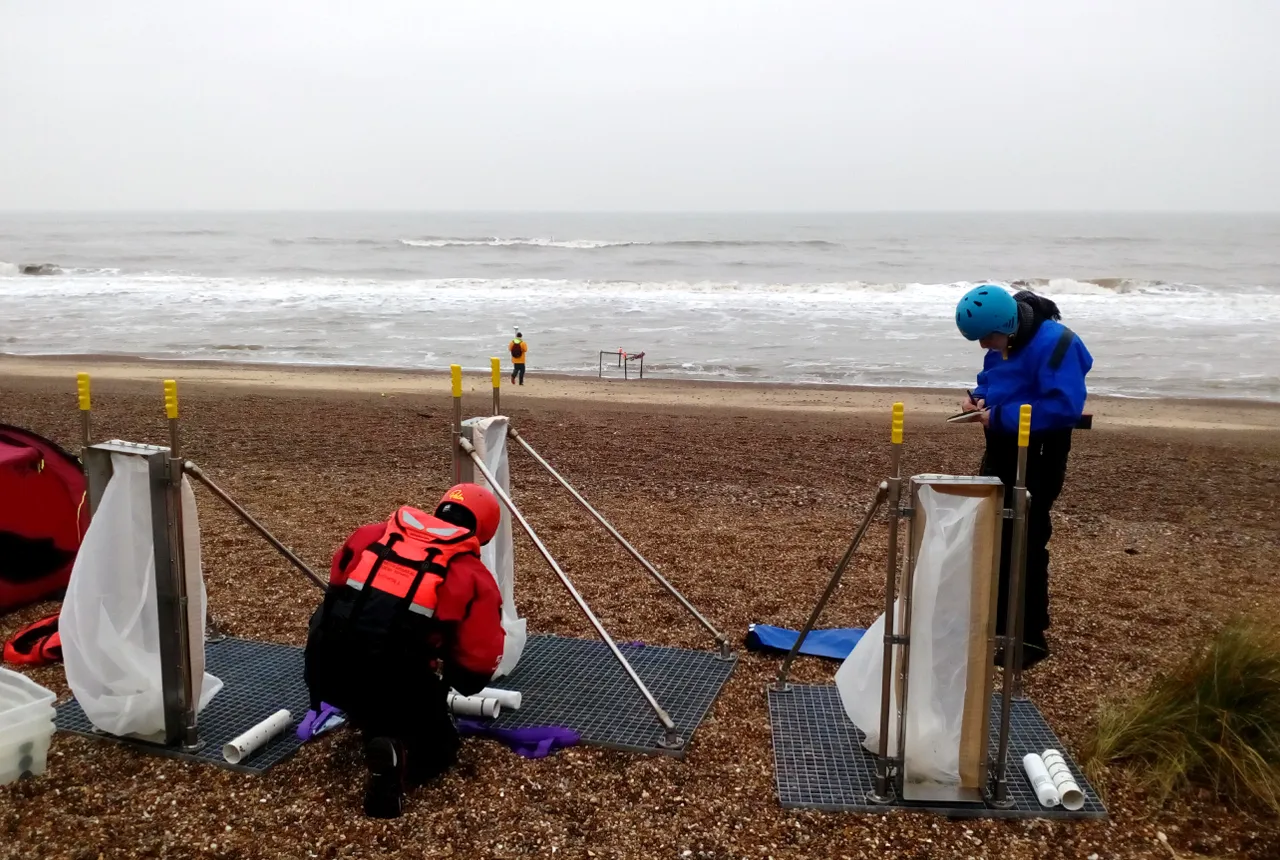
Gravel-dominated beach and barrier systems are common around the UK and provide important coastal defences, especially in low-lying regions. A new, four-year research project, funded by the Natural Environment Research Council (NERC) and entitled ‘Gravel barrier coasts’ (GBCoasts), will deliver enhanced understanding and modelling of gravel barrier systems. The project aims to support more sustainable coastal management by increasing resilience and reducing the vulnerability of coasts to climate change.
BGS will use a new community modelling system, ‘Coastal modelling environment (CoastalME)’, alongside terrestrial, marine and groundwater models, to characterise how a combination of processes along gravel barrier coasts control coastal flooding and erosion.
CoastalME will produce numerical simulations to support multi-hazard analyses under present and future climate change scenarios. These will project, over a range of timescales:
- how multi-hazards will respond to predicted climate change processes and impacts
- how humans are affecting future hazards
- how we will be affected under different coastal management scenarios; for example, how do gravel barriers respond to individual events, such as storms, in the context of longer-term, ‘progressive’ trends, such as sea-level rise?
The results will support improved coastal management decision making based on the improved understanding of how gravel barriers evolve over longer time scales under different climate condition and human intervention scenarios.
The findings will be combined with an assessment of the role of coastal habitats, resulting in national maps of vulnerabilities of coastal habitats to climate-driven multi-hazards for protective services. BGS will also provide tools to analyse the efficacy of future coastal management schemes.
The GBCoasts project will enable us to better address the transformational challenges that many communities along the UK’s coastlines are facing today and in the near future, regarding ever-increasing risks of coastal flooding and coastal erosion.
Andres Payo Garcia, BGS Coastal Geomorphologist.
In order to achieve the objectives of GBCoasts, there will be a collaboration between the different sectors of UK academics, engineering consultants and research institutions.
The Natural Environment Research Council (NERC) is the driving force of investment in environmental science in the UK. It advances the frontier of environmental science by commissioning new research, infrastructure and training that delivers valuable scientific breakthroughs.
NERC invests public money in world-leading science, designed to help us sustain and benefit from our natural resources, predict and respond to natural hazards and understand environmental change.
Relative topics
Related news
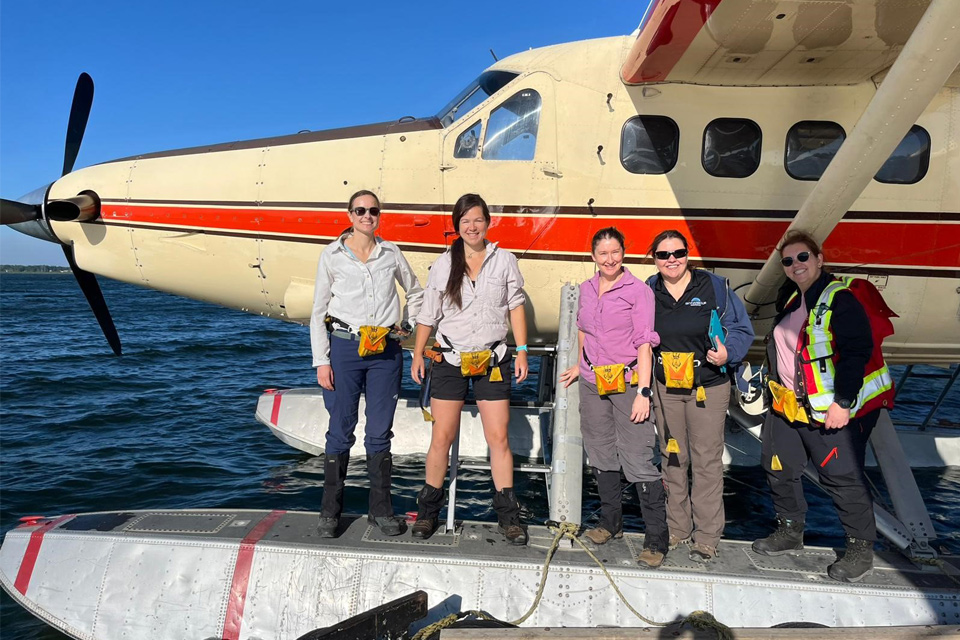
Funding awarded to UK/Canadian critical mineral research projects
08/07/2025
BGS is part of a groundbreaking science partnership aiming to improve critical minerals mining and supply chains.
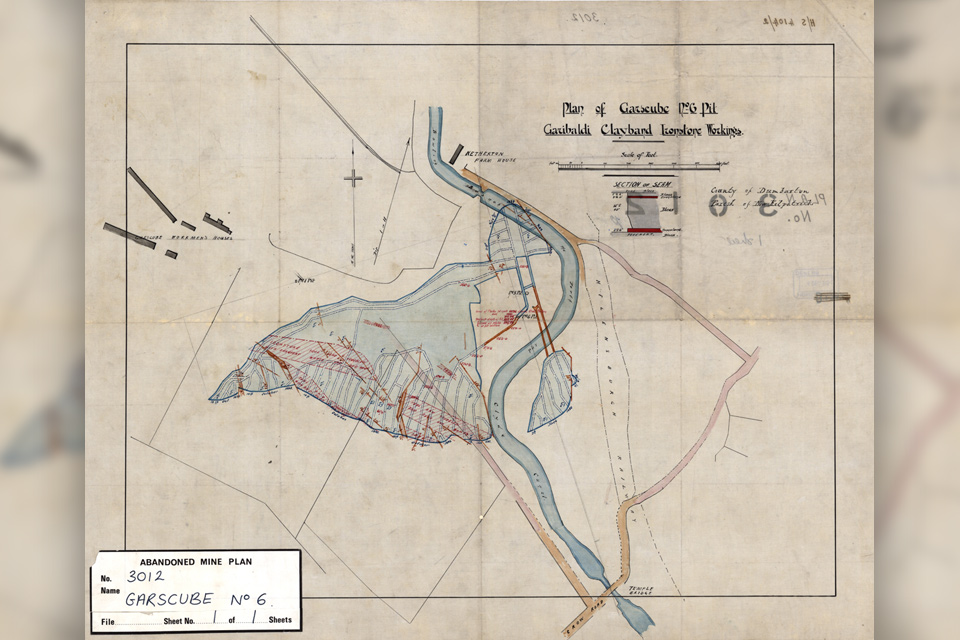
Release of over 500 Scottish abandoned-mine plans
24/06/2025
The historical plans cover non-coal mines that were abandoned pre-1980 and are available through BGS’s plans viewer.
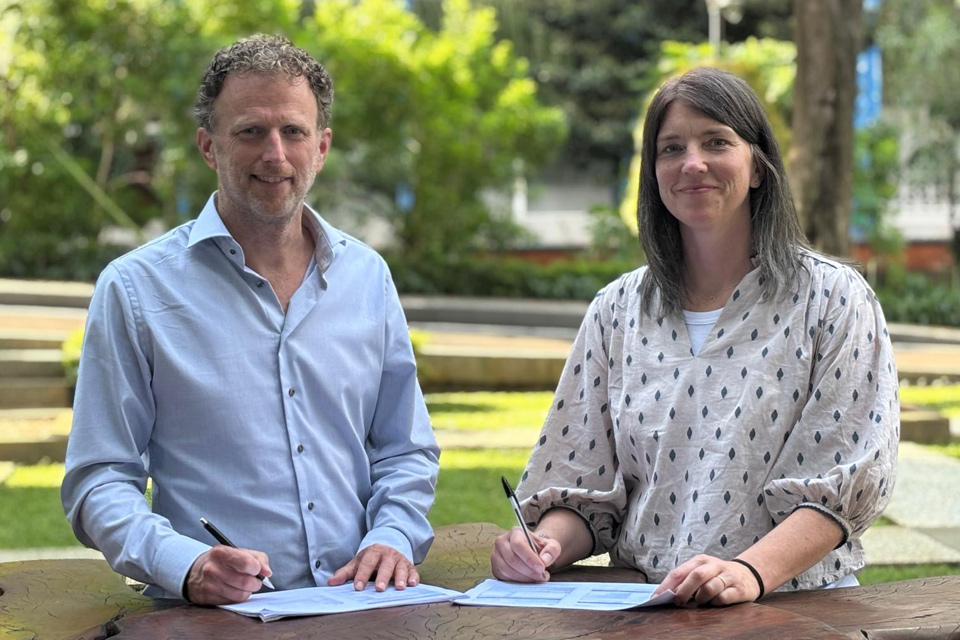
New collaboration aims to improve availability of real-time hazard impact data
19/06/2025
BGS has signed a memorandum of understanding with FloodTags to collaborate on the use of large language models to improve real-time monitoring of geological hazards and their impacts.
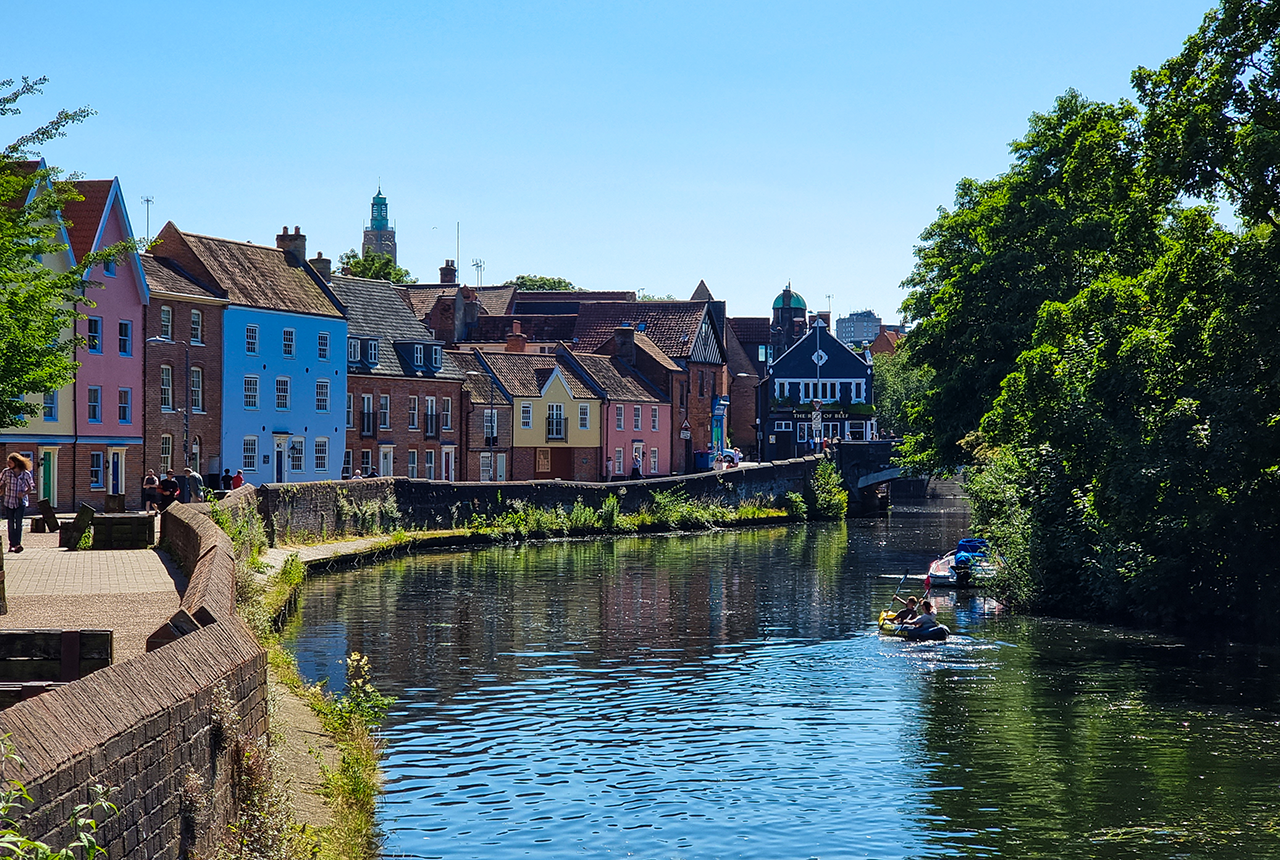
Modern pesticides found in UK rivers could pose risk to aquatic life
17/06/2025
New research shows that modern pesticides used in agriculture and veterinary medicines have been found for the first time in English rivers.

Goldilocks zones: ‘geological super regions’ set to drive annual £40 billion investment in jobs and economic growth
10/06/2025
Eight UK regions identified as ‘just right’ in terms of geological conditions to drive the country’s net zero energy ambitions.
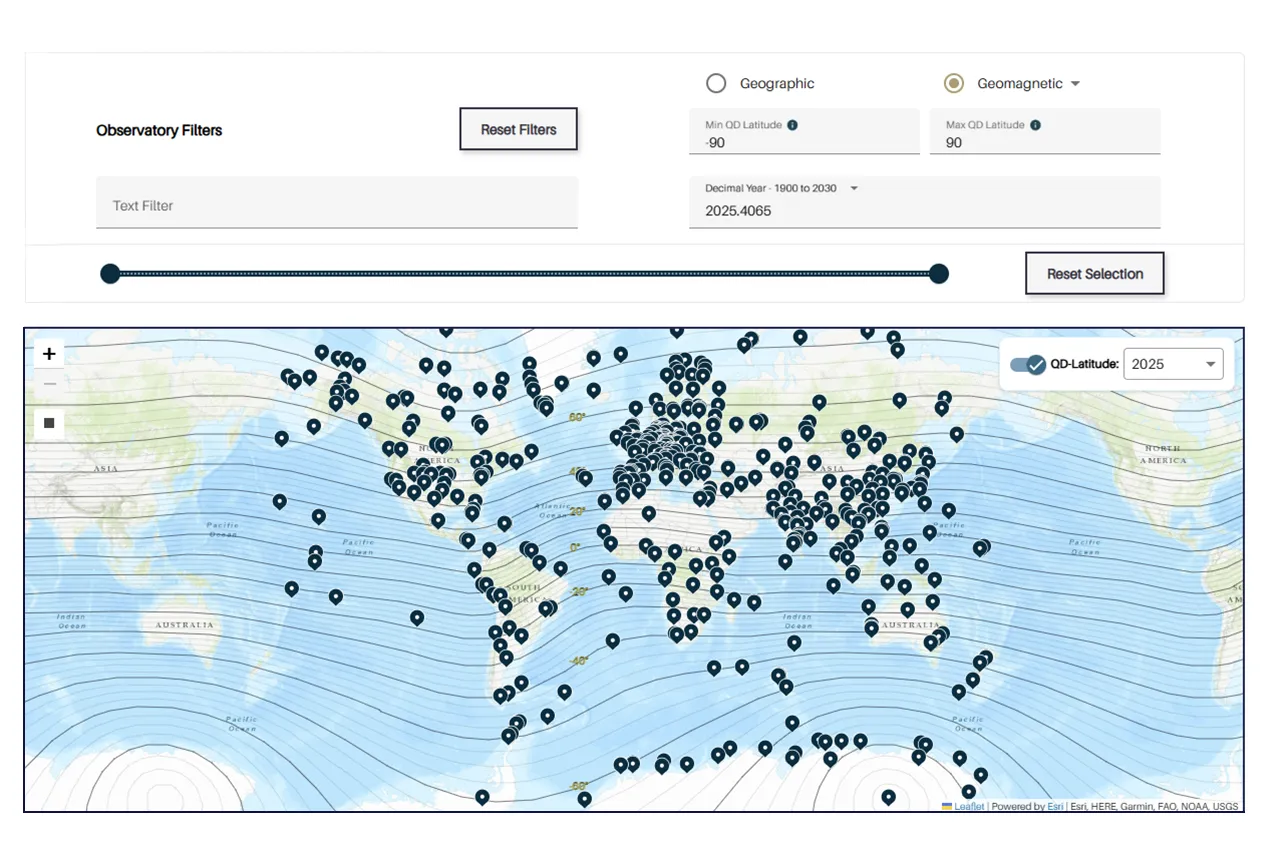
Upgraded web portal improves access to geomagnetism data
02/06/2025
BGS’s geomagnetism portal, which holds data for over 570 observatories across the world, has received a significant update.

BGS digital geology maps: we want your feedback
29/05/2025
BGS is asking for user feedback on its digital geological map datasets to improve data content and delivery.

What is the impact of drought on temperate soils?
22/05/2025
A new BGS review pulls together key information on the impact of drought on temperate soils and the further research needed to fully understand it.
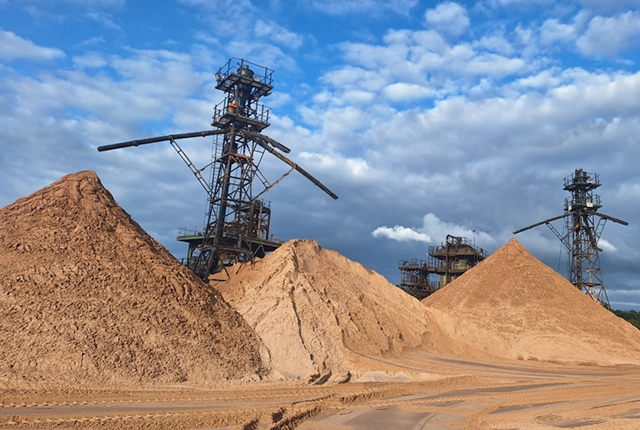
UK Minerals Yearbook 2024 released
21/05/2025
The annual publication provides essential information about the production, consumption and trade of UK minerals up to 2024.

BGS scientists join international expedition off the coast of New England
20/05/2025
Latest IODP research project investigates freshened water under the ocean floor.

New interactive map viewer reveals growing capacity and rare earth element content of UK wind farms
16/05/2025
BGS’s new tool highlights the development of wind energy installations over time, along with their magnet and rare earth content.
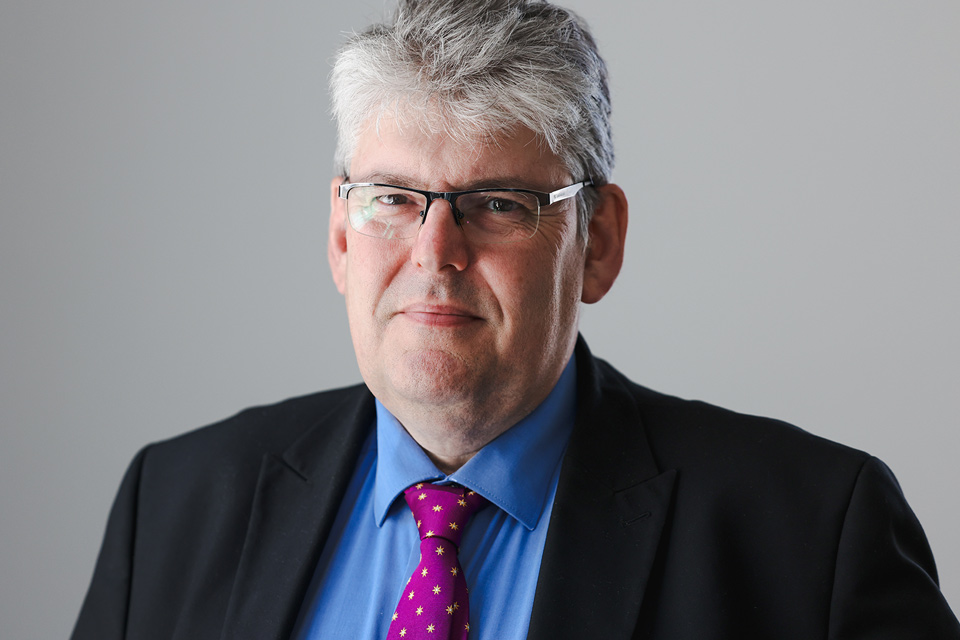
UKRI announce new Chair of the BGS Board
01/05/2025
Prof Paul Monks CB will step into the role later this year.



